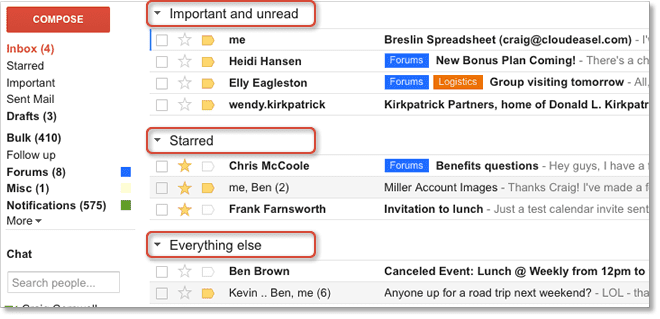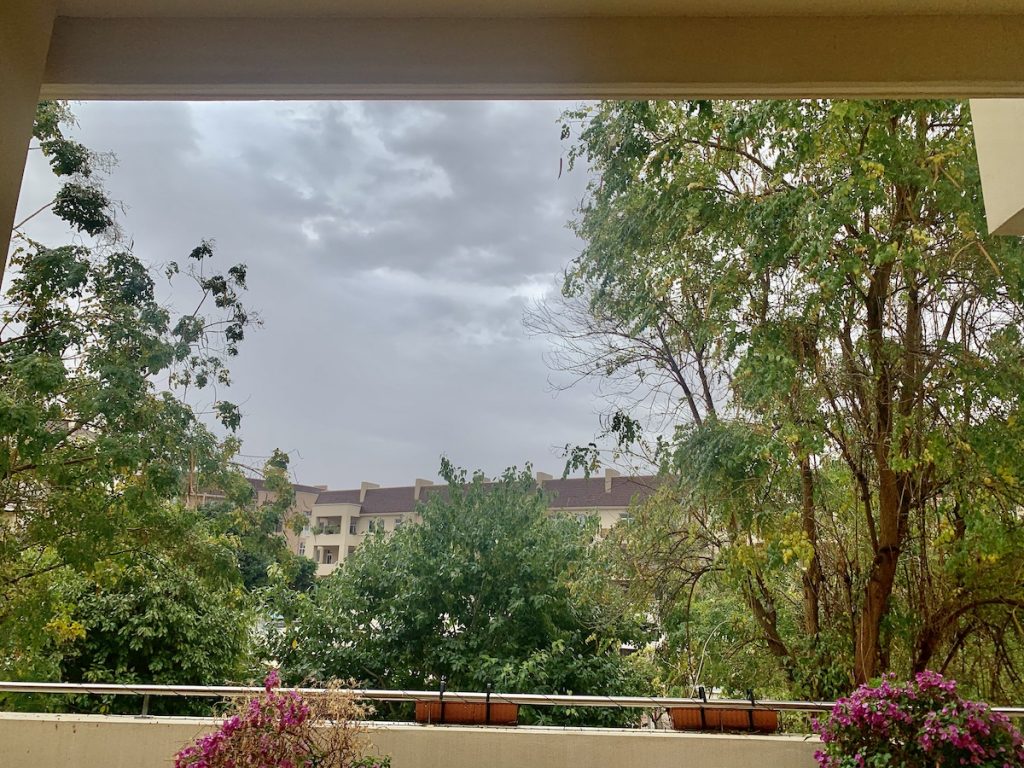Did you try the steps I spoke about yesterday? If not, then do make an attempt from tomorrow. If you did, then here is part 2.
Time commitment : (-45) minutes everyday

Yesterday, I had spoken about freeing up your time. This is the second part of that exercise.
The first thing we need to do is to be aware of how we spend our time. Without awareness, you cannot measure it. Without measuring, you cannot analyse it. And without analysis, you cannot amend it.
So, as a pre-exercise routine, you would need to perform a few tasks:
- Commitment – The first step to achieve anything is firm commitment to the cause. This is an addiction – the only way to get rid of it, and get back control, is to commit to making a change. Link this commitment to a reward – a small treat once you achieve your milestones.
- Measure – the number of times that you check your email on a normal workday. Every time you open your email app on your phone, or check your email on your laptop browser, make a tick in a notebook. Do this for one full day, from the time you wake up, till the time you sleep.
- Note down your distractions – Keep a notepad next to your desk, and make a note of every distraction or interruption that pops up to tempt you to interrupt what you are working on. This can range from thoughts in your head, to unscheduled calls and notifications that make you look at your phone. Do this for one full workday.
So, what were your scores? I was at 45+ email opens (before I started the sādhanā), and over 70 distractions (I stopped writing after some time, there were so many of them).
The first part of this exercise concentrated on our social media and phone usage. You noted the time you spent on this, and started corrective measures. This exercise focuses on work-related tasks, to address the main issue that we seem to have at work – NO TIME.
Now that you have seen the extent of the problem, let’s get down to the solution.
How you do it
I can recommend what has worked for me, but given the level of addiction, you can customise it for a softer landing. As we have seen before, it is tough to make drastic changes and stick to them – rather, make smaller, but sustainable changes in a phased manner.
Especially for email, which triggers FOMO – the fear of missing out an important email or task.

- Set ground rules – Decide on the specific times in the day that you will check your email. For example, I check it once in the morning, then once in the afternoon (post lunch), and then once before signing off for the workday (around 5 pm).
- Disable notifications – including badges. Each app with new unread information has a white number with a red background in the upper right hand corner of the app icon. This is a badge, and a major stressor. When you see it on your app screens, you can’t but help wonder whose message or email it is – and you get an overwhelming urge to check it. Disable badges for all apps, it will help you become much more calmer.
- Check and action – When you check your email, action them. You may not have the responses right then, but do something with that email. Snooze it till you have an answer, move it to a to-do folder, forward it to delegate a task, or delete it if irrelevant. This small step will get the email out of your head, and processed till further notice.
- Organise your inbox – Invest some time in organising the look and feel of your inbox. For instance, I use Gmail, that has two interesting features – unread mails first, and auto-organising into tabs such as Promotional, social, important, newsletters etc. The unread-mails works well, since it shows you the pending list, rather than making you sift through unnecessary email conversations. Am sure most e-mail clients have these two features. If not, change the email client. Also try out the steps mentioned on this website – they work!
- Don’t fret about zero inbox – Some productivity experts speak about zero-inbox goals – don’t do this. The more you start aiming for it, the more stress you get. It’s ok to have some mails pending if they are not important – remember, there were days when people had the patience to wait more than a week to get responses (actual letters!).
- Distractions notepad – maintain this next to your workspace. Note down the interrupting thoughts when they arise, and then continue your work. Externalising them helps free your mind, and you can deal with these interruptions when you decide to, not when they arise.
- Brain dump – Pick a day (ideally Monday morning) to write down everything that you need to do – from small tasks to reminders to long-term goals – anything that is a mental reminder – externalise it onto a piece of paper. Don’t categorise, or write this in any particular order – just write what comes to your mind. It will be a very long list, but once done, you will feel calmer, since this exercise frees up your mental space and helps you get organised. It also motivates you to action upon the items on your list.
- Measure – everyday. Take a couple of minutes to review your progress for the day, celebrate small achievements, and don’t get dissuaded if you were not able to reduce it for the day. Analyse the problem, and resolve to do better the next day.
- Celebrate – your success in de-addicting, by giving yourself a tangible alternate dopamine shot – buy yourself a small treat. This would be no small achievement – imagine getting over an hour of your day back, and being more productive at the end of it!

The “Zeigarnik effect” states that incomplete or interrupted tasks weigh on our mind much more than completed tasks. Every time we open our email, we notice certain tasks – from a boss, from a client, or a potential, that needs to be actioned upon. If not done right then, these tasks continue to play on our minds as we go about our day – and this takes up valuable mental resources, not to mention the stress of us playing all the scenarios in our head. Think of the time you checked a worrying mail from a client on your way to a meeting – did that meeting go well? Chances are that your mind kept going back to that email – and it would continue to do so until you responded…Check your email ONLY when you can action it.
David Allen, the author of “Getting Things Done” says – “your mind is for having ideas, not holding them.”
The brain dump exercise will show you just how many things we keep in our head for later – from emails, to mundane tasks during the day, to future goals. All these tasks and thoughts keep working in the background – the more of them you have, the more stressed your mind becomes. As I said earlier –
Think of you in a room, running from one corner to another, again and again, while you are trying to sit on a chair in the middle of this room, and thread a needle.
Wouldn’t work, would it? Externalise all these tasks. Then group them into immediate, medium and long-term tasks, and get down to doing them. It is as simple as that.
Yoga is not all about āsanās or breathing or meditation. It involves making fundamental changes to your life. You don’t live in silos or compartments – the way you think during work, is the way you would think at home, and vice-versa. Wearing many hats is good, but that doesn’t change the brain underneath it. Training your mind to be more productive at work, with lesser stress, and better efficiency, leads to a calmer, more peaceful, and happy you. Do I need to say it?….

क्षणशः कणशश्चैव विद्यामर्थं च साधयेत् |
क्षणत्यागे कुतो विद्या कणत्यागे कुतो धनम् ||
kṣaṇaśaḥ kaṇaśaḥ ca eva vidyām arthaṃ ca sādhayet ।
kṣaṇa-tyāge kutaḥ vidyā kaṇa-tyāge kutaḥ dhanam ॥
Subhashita
Knowledge and wealth are procured with every moment and grain (respectively). If a moment is wasted, how can knowledge be accrued? If a grain is wasted, how can wealth be accumulated?
कालः पचति भूतानि, कालः संहरते प्रजाः |
कालः सुप्तेषु जागर्ति, कालो हि दुरतिक्रमः ||
kālaḥ pachati bhūtāni, kālaḥ saṃharate prajāḥ |
kālaḥ supteṣhu jāgarti, kālo hi duratikramaḥ ||
Mahabharata
Time devours all things, Time kills all that are born.
Time is awake while all else sleeps, Time is insurmountable.
